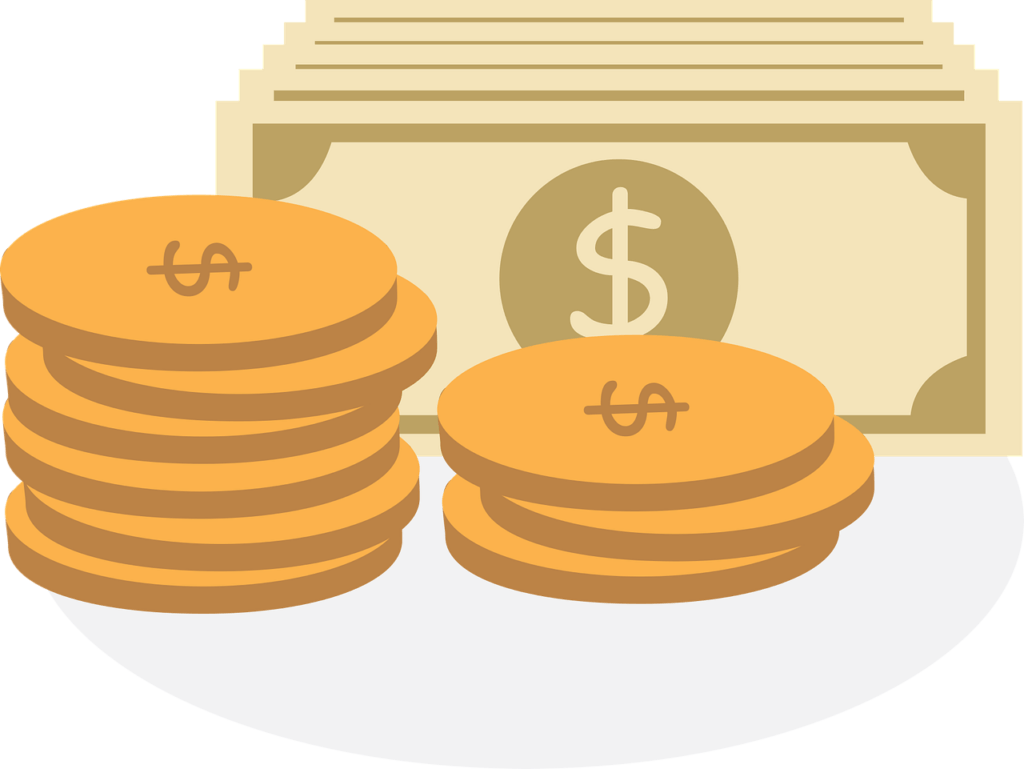The Internet
What is the Internet?
The internet is such a great tool. It is where we get our entertainment, purchase products, or even a place where you can learn something new.
Before we get into online safety, it is important to first gain an understanding as to what the internet actually is. Some terms that you may hear when discussing the internet are the web, world wide web, or the cloud. These are all metaphors for the internet. Internet comes from the term Interconnected-Network. This means that the internet is a whole bunch of computers connected together, so when you are on the internet you are actually viewing things on special types of computers called servers.
So, why does this matter? Well, we just learned that ALL computers are connected. Does this mean everyone can see what you are doing? There is so much you can find on the internet, but there are also some risks that you should look out for!

Risks associated with the Internet
Although there are so many benefits to using the internet, it is important to be aware of what risks are associated with the internet so that you can keep yourself protected. Below are two types of risks that commonly occur.
Scams
Most scams are used for financial gain. The top 3 financial scams that you may or may not be familiar with are:

Fraudulent services: these are door-to-door salespeople who try to sell you something you do not want.

Prize Pitches: telling someone they won the lottery or a trip but you have to pay the taxes.

The “Grandparent” Scam: people reach out and say that they need bail out money.
Cyber Attacks
Cyber attacks are attempts by hackers to destroy computer systems or steal data. They can happen to anyone and hackers are becoming more and more clever when it comes to stealing information from people. There are many different kinds of internet attacks, but we are going to discuss two that happen commonly.

Spam: unsolicited messages usually through email that are sent to a large number of people. Scammers hope that people will click on the link or follow the instructions and get tricked into providing personal information.

Hacking: when an individual gains access to another person’s computer by using technology to break into the computer.

Phishing: when scammers try to trick you into providing personal information such as banking account numbers, passwords, and credit card numbers.
Wow, we have learnt so much already. I know this information can sound quite scary; however, it is important to be aware of it to understand why online safety is so important. With the rise of internet users, cyber fraud has become more prevalent than ever. Check out some statistics below to see how many people were affected by cybercrime in the year 2020 alone!

Cyber Fraud Stats
36% of people experienced a loss because of the incident (loss of time, data, and financial loss)
42% of Canadians experienced at least one type of cyber security incident such as phishing
Just under 1/3 of Canadians reported the incident
39% of Canadians age 65+ take additional measures to protect their account
Even though there are risks involved with using the internet, there are ways to keep ourselves safe. Continue the course to learn more about phishing attacks and viruses, and things you can do to stay safe online.

